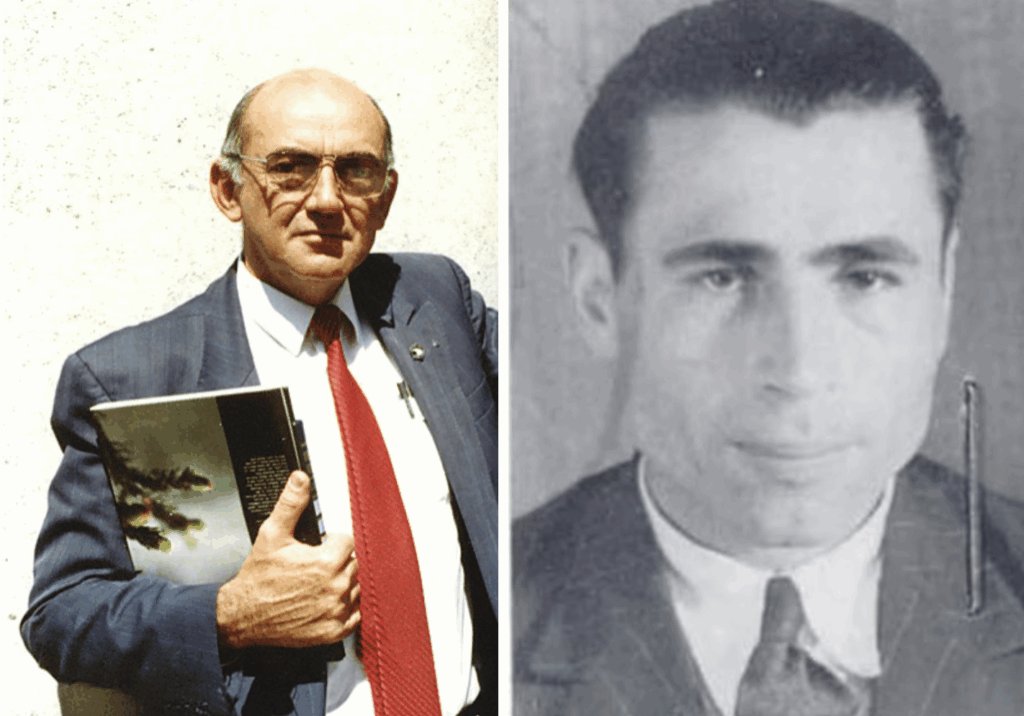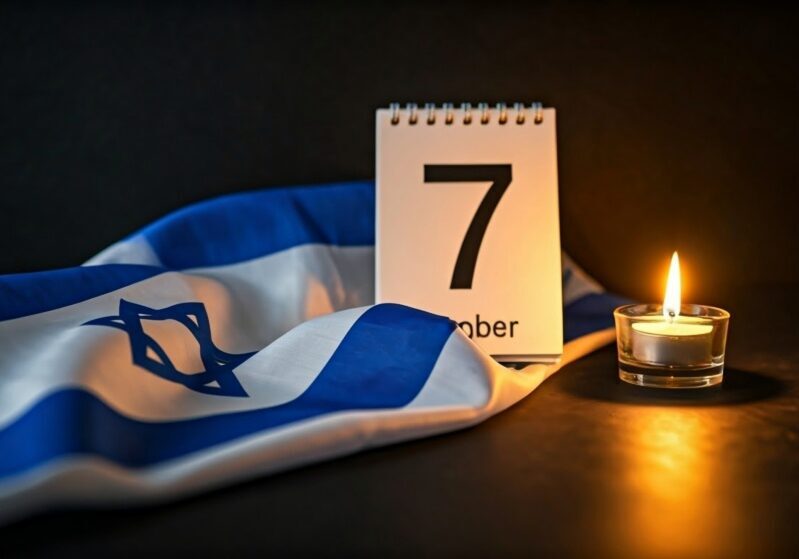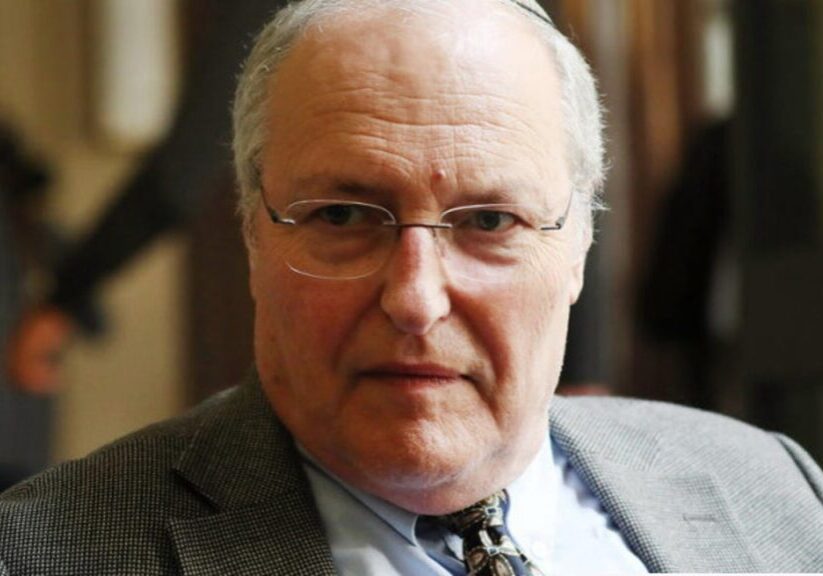Australia/Israel Review
Biblio File: Death becomes them
Sep 20, 2021 | Elliott Abrams
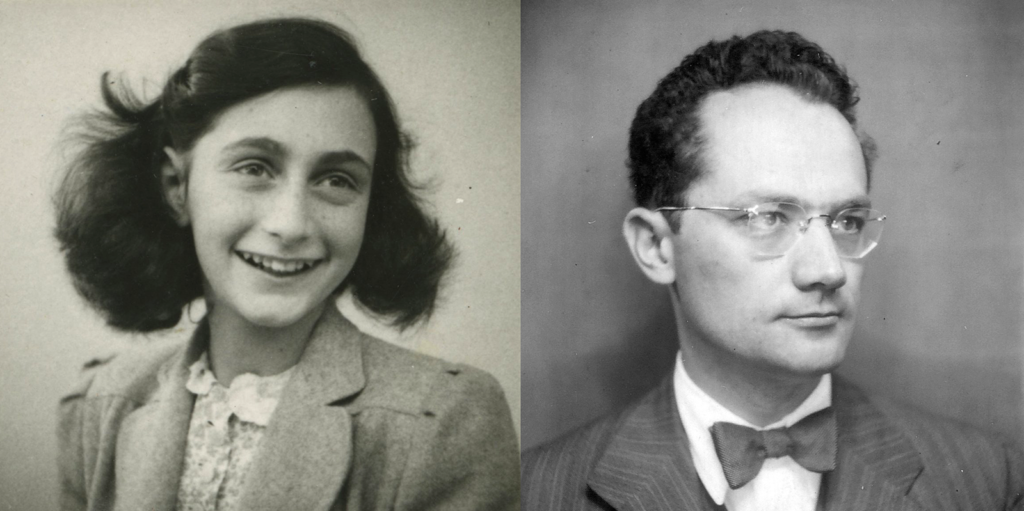
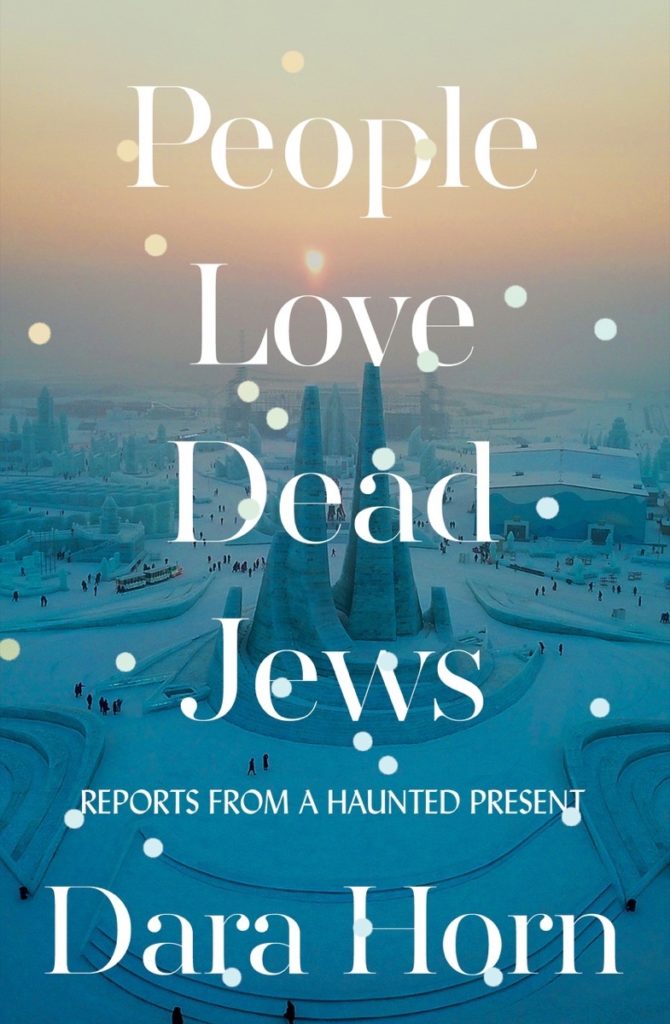 People Love Dead Jews: Reports from a Haunted Present
People Love Dead Jews: Reports from a Haunted Present
by Dara Horn
W. W. Norton & Company, Sept. 2021, 272 pp., A$47.25
How can a book filled with anger, a book about antisemitism and titled People Love Dead Jews, be delectable at the same time? The novelist Dara Horn has done it, combining previously published pieces in a work that is far greater than the sum of its parts.
Horn’s target is a world obsessed with dead Jews, whether found in Holocaust memorials, the rebuilding of old and abandoned synagogues and cemeteries, or in assigning students the reading of The Diary of Anne Frank. Jews, she writes, are “part of a ridiculously small minority that nonetheless played a behemoth role in other people’s imaginations.”
As Horn observes of some high-school girls she met in Nashville when she was 17: “Like most people in the world, they had only encountered dead Jews: people whose sole attribute was that they had been murdered, and whose murders served a clear purpose, which was to teach us something. Jews were a people who, for moral and educational purposes, were supposed to be dead.”
The centre of this book is Horn’s absolute rejection of all that ostensibly heartfelt, morally significant, admirable concern about dead Jews. “I had mistaken the enormous public interest in past Jewish suffering for a sign of respect for living Jews,” she writes, but it is not so. She concludes that “even in its most apparently benign and civic-minded forms,” it is “a profound affront to human dignity.”
People Love Dead Jews explains why, and does so in colloquial, even conversational language with sparkling insights about Jewish life. At root, Horn says that this obsession with dead Jews distorts not only Christian but also, and perhaps more painfully, Jewish understanding of Jewish reality.
Her take on the rebuilding of abandoned synagogues and houses and rubbished cemeteries in places where Jews no longer live gives the sense of her argument: “There is a tourist industry concept, popular in places devoid of Jews, called ‘Jewish Heritage Sites.’ It is a much better name than ‘Property Seized from Dead or Expelled Jews.’” And using the tourist industry’s “Heritage” lingo absolves us from asking “why these ‘sites’ exist to begin with.” What happened to the Jews?
All such activities, Horn says, are an effort to convert dead Jews into a nice lesson about redemption while forgetting the vicious persecution, just as so many Holocaust books are about the minute number of rescues and rescuers rather than the reality of the Holocaust. Thus was Anne Frank’s diary censored and her story made into one not of suffering and death but of a prelude to the famous line: “In spite of everything I still believe that people are really good at heart.” Horn reminds us that “Three weeks after writing those words, she met people who weren’t.”
As Horn writes, bestselling Holocaust novels are usually “uplifting,” and very many “involve non-Jewish rescuers who risk and sacrifice their own lives to save hapless Jews, thus inspiring us all.” It happened, occasionally, but making it central to the story serves the function of obscuring real accounts of what happened to the Jews – and who exterminated them. The rescuer stories are “statistically insignificant happy endings” that appear in English. But not in Yiddish – where instead there was a reckoning with truth: “In Holocaust literature written in Yiddish… one finds the overwhelming reality of the unavenged murder of innocents, along with cries of anguish, rage, and, yes, vengeance.”
Horn goes to an exhibit about the Holocaust at the Museum of Jewish Heritage in New York, where, “at the end of the show, on-screen survivors talk in a loop about how people need to love one another.” But she says this concept never appears once in the survivor literature she has read in Yiddish, “the language of 80 percent of victims.” As she notes acidly, “love rarely comes up; why would it?” She is furious at “being lectured by this exhibition about love – as if the murder of millions of people was actually a morality play, a bumper sticker, a metaphor.”
Horn never loses her ability to see in new and fascinating ways what so many others have worked over for decades. Her discussion of Anne Frank is a good example, for what Horn does is write Frank’s obituary – had she not been betrayed, and then murdered by the Nazis. It begins: “Anne Frank, noted Dutch novelist and essayist, died this past Wednesday at her home in Amsterdam. She was 92.” On it goes, discussing the un-murdered Frank’s novels and her journalism, her reporting on Soviet oppression, the Arab-Israeli wars, and the Israeli capture of Adolf Eichmann. This is the kind of insight only a novelist can bring, transforming the comforting lessons of the usual Anne Frank story into a searing expression of a life extinguished – 6 million times.
Horn insists that Jews today very often accept, knowingly or not, all the wrong lessons about hatred of Jews – from Anne Frank to Shakespeare. In a wonderfully comic chapter called “Commuting with Shylock,” she recounts what happens when her 10-year-old son comes across The Merchant of Venice. As they listen to it in the car, she finds herself defending the play – of course. It’s Shakespeare. It is only as they hear it line by line, and her 10-year-old keeps saying “pause it,” and she has to explain every scene, that she finally sees it all through him. Hearing the “Hath not a Jew eyes” soliloquy, she suggests to her son that that’s the good part, where Shakespeare humanises Shylock. He listens carefully, she hits pause, and he says: “That was pathetic. That’s it! That totally sucked!” A rueful Horn writes, “I have a doctorate in literature. I am aware that Shakespeare’s plays contain many layers and mean many things. But the degrading hideousness of this character is obvious even to a ten-year-old… Why, I wondered, should I feel obligated to excuse this blindingly obvious fact, like some abused wife explaining why her darling husband beat her up?”
Horn writes a long and fascinating chapter on Varian Fry, who saved scores of Jewish lives in 1940-41 as the representative in France of the “Emergency Rescue Committee” formed by American intellectuals and artists. Here again, Horn derives a very different lesson from the usual simple accolades – a lesson, again, on how Jews have come to think about their history. Fry’s mission was to rescue what he called “the culture of Europe.” And in a way he did: In addition to then-famous and now little-known writers such as Lion Feuchtwanger and Franz Werfel, he helped save Hannah Arendt, Max Ernst, and Marc Chagall. Horn offers a fascinating look at the psychological interaction between rescued and rescuer, but that is not her point. It is rather that Jews, like Christians, accept at once that this was a noble mission – that such artists, writers, and intellectuals were the “culture of Europe” and therefore worth saving while others died.
But what about the culture of Hasidism, she asks, “with its devotion to ordinary, everyday holiness – or Misnagdism… whose energy in the years before the war was channelled into the rigorous study of musar, or ethics”? What about those whose lives were dedicated to righteousness, not art and culture? “For them, there were no Varian Frys.” She concludes, “I could not help wishing that instead of an emergency rescue committee saving Europe’s greatest artists… perhaps what should have been saved was not more of the culture of Europe, but more people like Varian Fry.”
What ties these chapters together is Horn’s insistence that Jews have drawn so many wrong lessons about themselves and the societies in which they live – or more sharply put, from the societies in which they live.
In the end, for Horn, there is one clear way to understand the past, and it is Judaism: the source of far truer lessons. The many pop-culture books on the Holocaust come to false happy endings; here, Horn’s own happy ending is quite different. She joins in Daf Yomi, studying a page of Talmud each day along with tens of thousands of other Jews around the world. Here, memory of the past never fades. Here, as each generation seeks to understand righteousness and holiness, “I turn the page and return, carried by fellow readers living and dead, all turning the pages with me.”
At turns caustic and comic, at others filled with outrage, People Love Dead Jews will also have readers turning the pages with her.


